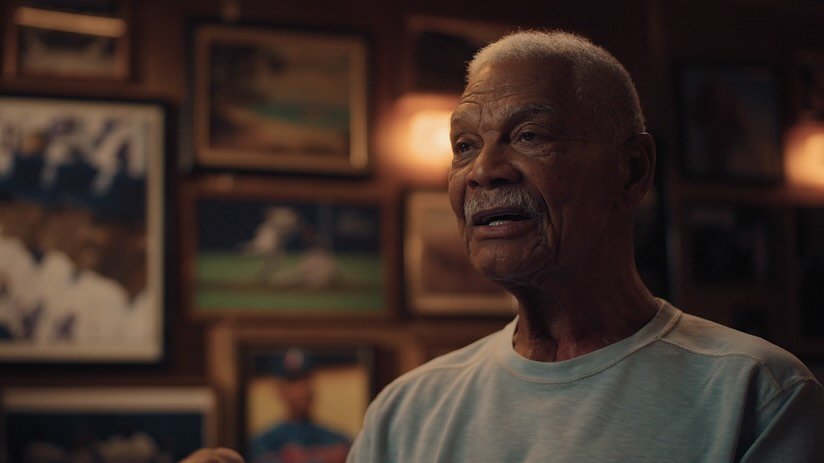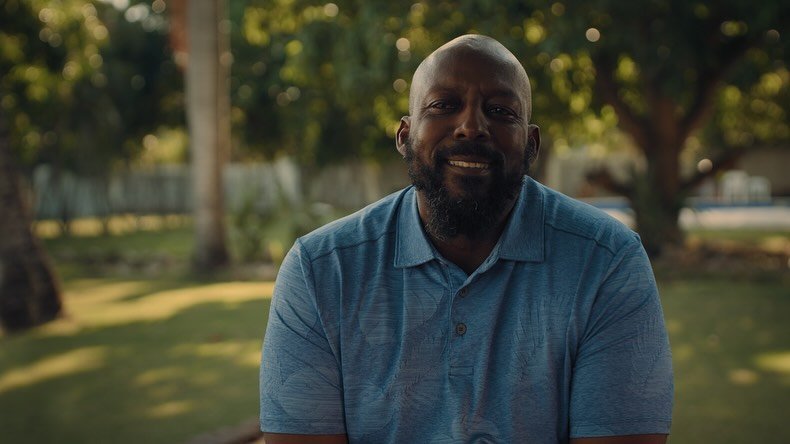Who Killed The Montreal Expos Review

Director: Jean-François Poisson
Date Created: 2025-10-22 01:45
3
Who Killed The Montreal Expos Review: Directed by Jean-François Poisson, this is Netflix’s latest excursion into the emotional terrain as well as the political arena of sports history. The documentary features lead players like Felipe Alou, Pedro Martinez, Vladimir Guerrero, Larry Walker, and Jeremy Filosa, who reminisce as well as lament about one of Canada’s beloved baseball squads. Throughout its length, the film details the rise as well as the tragic extinction of the Montreal Expos, Canada’s first Major League Baseball team outside of the United States, from its auspicious 1969 launch to its bittersweet 2004 goodbye game.
Who Killed The Montreal Expos Review
The documentary tries to answer fans’ big question: who killed the Montreal Expos? The economy? Bad management? Or was it fate being mean? It’s a question that Poisson endeavours to answer, and for lifelong baseball fans, it’s a bittersweet journey down memory lane. Casual fans might see it as a plodding retreading of a game whose outcome you already know.
Netflix’s Who Killed The Montreal Expos hits an emotional nerve. Archival footage of frantic crowds, Expos standard issue blue and red jerseys, and emotional interviews make it difficult not to appreciate how much the team represented Montreal. The documentary reveals Montreal’s passion for baseball itself, a sport that was ingrained in its culture long before the Expos’ arrival.

The interviews, especially those of players from a different era like Felipe Alou and Pedro Martinez, are heartfelt. The reader can sense their hurt and pride as seasons gone by from 1994 come rushing back, as perhaps their moment in the spotlight was abruptly halted with the players’ strike bringing everything to a standstill. The segments are gripping and suggest how much the team meant to its players as well as to the entire city.
But beneath that presentation of emotion, however, Who Killed The Montreal Expos often falls out of sync. As much as the documentary puts together lots of facts, names, and behind-the-scenes details, occasionally the narrative is thicker than it needs to be for someone who doesn’t know much about Major League Baseball politics. It jumps from ownership soap operas to business challenges to fan ire without always clarifying the bigger picture.

What I enjoyed most about the documentary Who Killed The Montreal Expos is that both sides are presented by Jean-François Poisson in the best way, from builders like Claude Brochu and Jeffrey Loria to writers and fans, so that we can appreciate just how complex the story was in truth. The Expos did not wither through one bad decision; it was a series of unlucky events, frail finances, a frail Canadian dollar, as well as a system that did not assist small clubs.
But while it otherwise plays it even-handed with its documentary approach, it does go too quickly at times to talking heads. There are stretches with individuals explaining terms of finance or ownership transfers that might go over regular viewers’ heads. I did wish that the movie explained the business side in simpler terms or through images because the content itself, a sports team’s demise, is emotionally enough weighted to carry interest.

Compared to other sports documentaries, Who Killed The Montreal Expos on Netflix doesn’t have that movie energy that would’ve made it bigger. The entire affair is glacially paced, with moments of it feeling like you are stuck with a long news special rather than a good documentary. The content doesn’t gain enough impact itself, with the destruction of a fan favourite franchise not hitting hard enough emotionally.
Despite its frailties, I must confess that deep down, Qui a tué les Expos de Montréal documentary is emotional. When the players are talking about fans, when we are shown classic footage of Montreal fans filling the seats with faces painted on and homemade signs, that hits a chord that is real and very human. There’s a sense of pride that once was within Olympic Stadium, a sense of despair that was visited on them when that vision was gone.

But even these emotional points can’t always be as powerful as they would be. Maybe it’s that so much ground is tried to be addressed, politics to ownership to fan emotion, while never permitting any one strand to breathe on its own terms. There’s also a feeling that the documentary is assuming you are already familiar with your baseball history, which denies those who are not fully immersed in where it is going.
If you are someone who experienced themselves from the Expos era, then you are going to see some memories come flooding back, along with perhaps outrage on your part. If you are watching purely on curiosity’s sake, then you might be more confused than emotional.

Netflix Who Killed The Montreal Expos Review: Summing Up
Overall, in my opinion, the sports documentary Who Killed The Montreal Expos is somewhere in that middle range. It’s not awful at all, in fact, it is educational and respectful, it’s just that it doesn’t quite succeed in providing quite that emotional depth of what did occur. The fall of the Expos was never simply a sports matter; it was a city losing part of its own identity. The movie attempts to describe that, but it is not quite layered enough in what that loss did, in fact, mean to people.
The documentary’s flow also sometimes feels dragged. There are long interviews where individuals come across as defending themselves instead of reflecting, and that prevents everything from flowing smoothly within the narrative. The conclusion, which involves showing off the team’s relocation to Washington, feels abrupt, and the documentary doesn’t venture much into what came next for those fans who were left behind.
